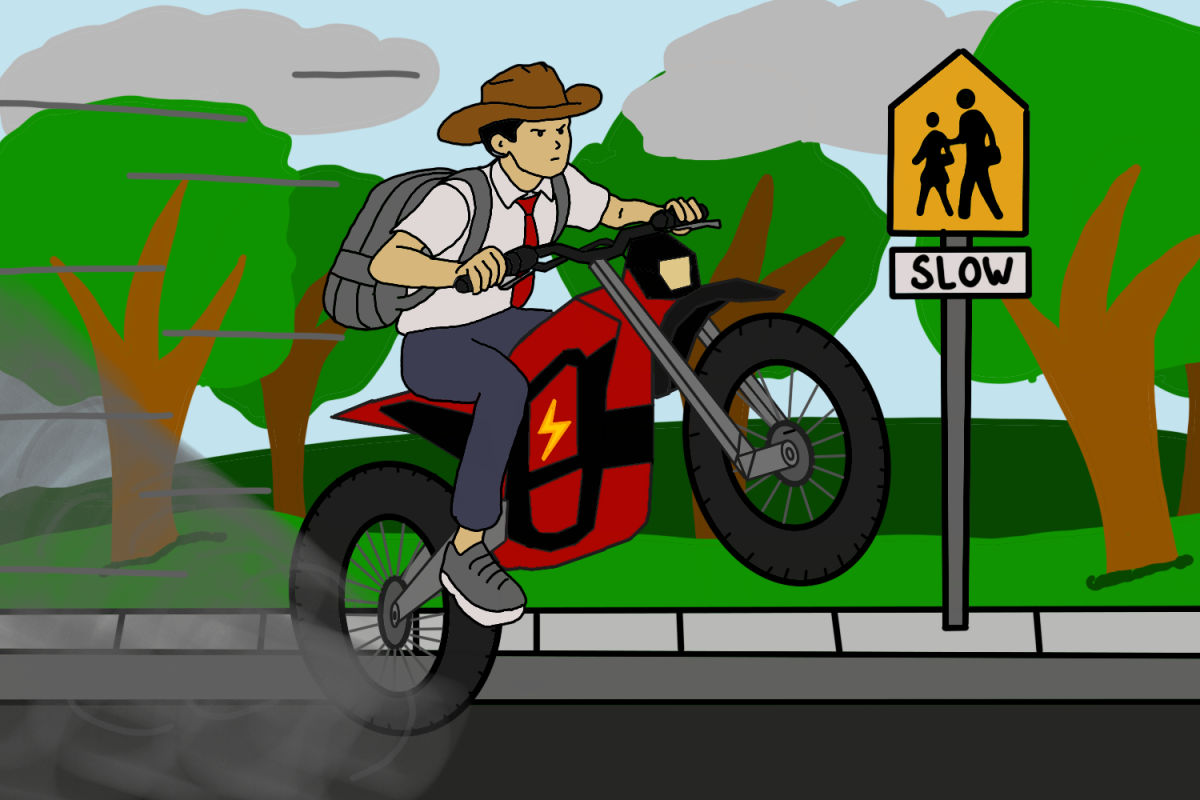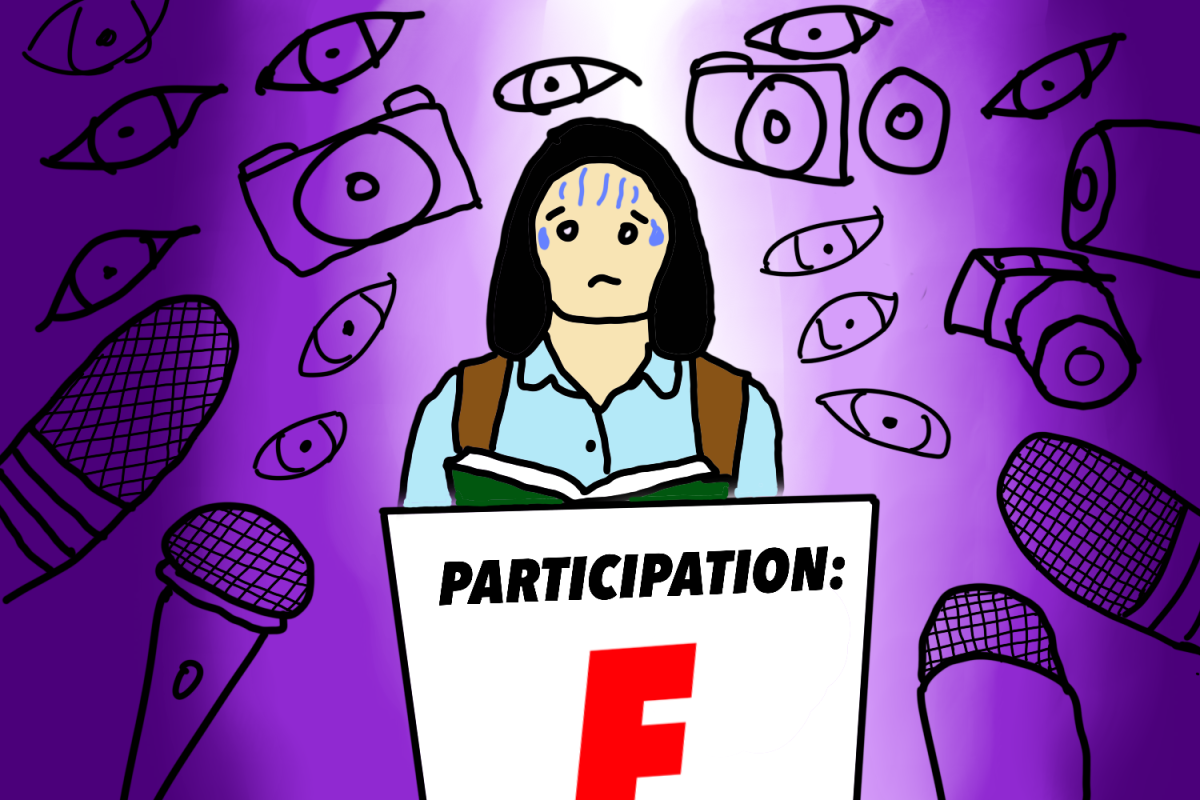As high school students progress to college and beyond, executive functioning skills become increasingly important. Executive functioning skills are a set of self-regulation skills necessary to maintain oneself in the present and the future. From early on, students should be able to spend time wisely, lead a balanced lifestyle, be goal-oriented, and manage themselves to prepare for the busier lives awaiting them. One of the best ways to gather experience early on is to have a part-time job (whether it be paid or an internship!)
Having a job provides exposure to the professional working environment and provides insight into the workforce. High schools are less exposed and operate in a vastly different manner than an official business. At a job, students are exposed to real-world scenarios and have to take the initiative to communicate with others and take charge of their problems. While some schools offer courses that give students the chance to get involved, a job comes with all the twists and turns that must be experienced in real life. Schools and homes come with a lot of extra support from counselors, advisors, and parents on how to deal with obstacles. However, a teenager is on their own once they hit adulthood. If they have a job early on, they can become much more self-reliant and develop confidence in themselves to effectively manage situations.
A job develops vital skills necessary for a young adult, such as efficiently managing the many aspects of their lives. Being in an entirely different environment outside of school can prove to be a challenge, especially since students still have to complete their school duties. This challenge is beneficial, as they will face a doubly busy schedule and learn how to efficiently complete all their pending tasks. Currently, I’m interning for Arcadia Unified School District’s (AUSD) Digital Communications Internship (DCI) program. The internship opened a door into a more professional setting where my role as an intern is as important as getting other tasks done. This motivated me to improve my consistency in organization and meet all deadlines. In addition, I experienced a lot of constructive criticism- which is common in paid jobs too- and learned how to apply these suggestions to myself and my work.
Similarly, students with jobs will always remember the value of their commitments and improve their ability to fit multiple tasks into their schedules. While balancing extracurriculars with schoolwork is already difficult for some, the surroundings at a job involve a new set of tasks– managing all three of these responsibilities can give students a better feel of what is to come. Workload will only continue to grow as a person moves through their professional life, and learning how to manage this early on is essential.
Furthermore, jobs can improve adaptability and teach students how to develop and maintain relationships with a variety of people. At school and in extracurricular activities, people can choose their friends and acquaintances the majority of the time; they have the choice to alter their relationships. In a job, someone may be stuck with a coworker who is vastly different from them in certain ways. Whether they enjoy it or not, the two must learn how to effectively communicate and maintain a positive relationship.
The more experience a high school student has working with others, the easier it will be to adapt to new teammates in the future. A job may also require an employee to switch between multiple roles and approach people differently depending who the person is. In a full-time job, changes occur quickly— an employee may suddenly have a new manager or coworker they find hard to work alongside, but there’s no way out of the situation. If they’re already capable of adapting to different people in their student life, they can deal with these changes in a more mature manner.
Of course, a job also looks great on college applications. Getting into a top-tier college is one of my long-term goals, and I would love to gain work experience both for personal gain and to attain that goal. By joining a job reflective of what they’d like to pursue in their career, students can add this experience to their college application. Doing so reflects the skills they have gathered and their capability to take on large tasks at a young age, along with their ambition to pursue the major they’ve applied for. The main benefit, however, is the work experience- during and after college, it makes the job application process much easier. Certain positions require prior work experience, so if students acquire it beforehand, it will be easier to get hired in the future.
It’s also important to consider that a job may be draining an d take away from students’ academic and personal time. However, one of the main characteristics of having a job is the challenge that comes with it; learning to manage the responsibility an adult would have and work through the schedule overlaps. Despite the struggle, the benefits are greater as students will emerge with more experience and preparation for the future. This way, it will be easier to face the hurdles of life as they come.
Even if a student does not have as much time to invest in a job, the legal working hours in California for minors are 3 hours per school day for 14-15 year olds, and 4 hours per school day for 16-17 year olds. This leaves ample room for academic work. If a student’s schedule is full of extracurriculars and other activities, they can always opt for an internship. Internships can be completed over the summer and certain ones (such as DCI) do not require a specific number of hours per week– this way, a student can engage in an activity very similar to a real job but feel less overwhelmed.
Having a job provides multiple benefits for a high school student’s future. Through a part-time job, a student can gain countless skills, all of which provide personal development and increase readiness for the world beyond high school.
Photo courtesy of UNSPLASH.COM







